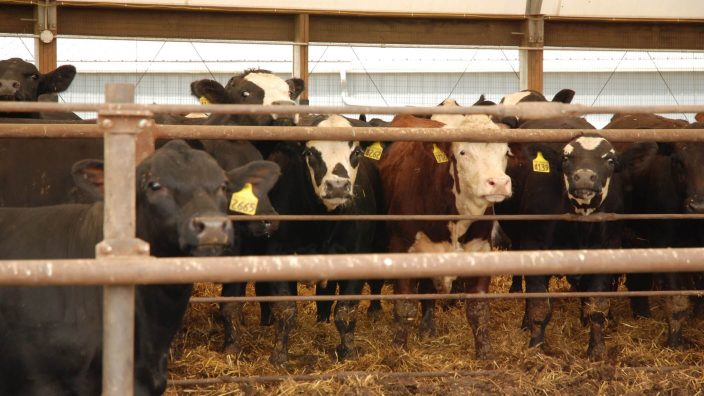USDA rolls out Farmers First: Small Family Farms Policy Agenda
After nearly 100 days of traveling the nation and visiting directly with hundreds of farmers across America, U.S. Secretary of…
Read MoreAs the price the consumer pays for products like meat continues to rise, the price that farmers get for their animals has remained relatively stagnant. That, unfortunately, is nothing new. The long-standing frustration over imbalances in the meat industry has led to calls for greater transparency in livestock markets.
In Ohio, Farm Bureau has led the charge in creating more advantageous marketing opportunities for livestock producers, including the creation of the Meat Processing Grant Program. These grants of up to $250,000 will be awarded to Ohio livestock and poultry producers so they can implement processing efficiencies, expand or construct facilities at existing sites, assist in training and certification and improve harvest services.
One of the newest efforts to address the pressing needs facing America’s cattle industry is the Cattle Price Discovery and Transparency Act, which was introduced in the U.S. Senate in November 2021. This legislation calls for the establishment of a cattle contract library, updated mandatory price reporting and increased fines for companies that violate the Packers and Stockyards Act.
When this bill was first introduced, Farm Bureau gave it the full support of the organization. It was after the 2022 American Farm Bureau Annual Convention in Atlanta, when policy changes were made, that one aspect of the legislation fell out of favor with the nation’s largest farm organization.
“Our delegates voted in January to not support a mandatory minimum negotiated trade,” said Scott Bennett, American Farm Bureau director of congressional relations.
According to Bennett, a mandatory minimum negotiated trade would create a government mandate that forces livestock processing facilities to purchase a set percentage of their live animal supply via cash bids to enable price discovery in cattle marketing regions. In order to establish regionally sufficient levels of negotiated cash trade, the secretary of agriculture, in consultation with the chief economist at USDA, would seek public comment on those levels, set the minimums and then implement them.
It was a tight vote on the delegate floor between those who supported mandatory minimum negotiated trade and those who didn’t.
“The deciding factor among our delegate body was do I want the government involved in my business or do I not want the government involved in my business,” Bennett said. “On the flip side, there was this thought that I don’t want government in my business, but these packers are just so big and they have such control over the market that the government stepping in is the only answer to the issue.”
Brandon Kern, senior director of state and national policy with Ohio Farm Bureau, hears the same sentiment from members across the state.
“We have producers with both frames of mind on this one,” Kern said. “If you listened to American Farm Bureau delegates on the floor in Atlanta, and I think Ohio is very reflective of this, there was a conversation that considered government intervention versus freedom to market your product. I think everybody agreed that we need more price transparency and more discovery to make sure farmers are getting a fair price, but it is the methods that we use to get there that were debated.”
The Packers and Stockyards Act, which serves as an arbiter for producers to use if they feel like there is anticompetitiveness in the marketplace, may be getting a facelift through this newly introduced legislation.
“We are anticipating some rules that would amend the Packers and Stockyards Act from USDA in the coming weeks,” Bennett said. “One will address anticompetition and tweaks to what that definition entails, and another will address the tournament pay system in the poultry sector. We don’t know what the exact content is at this point, but we are ready to respond during the public comment period, and Farm Bureau will be heavily engaged to try and make sure that the Packers and Stockyards Act remains strong for small producers across the country.”
There is an ongoing investigation at the Department of Justice as it looks into the meatpacking industry. The investigation began after excessive volatility in the live and fed cattle markets caused by the COVID-19 pandemic in 2020. Farm Bureau recently wrote a letter to the DOJ, asking for a written update on the volatility in the live and fed cattle markets within 90 days.
As a result of the pressure put on the Department of Justice to investigate violations of the Packers and Stockyards Act, USDA and DOJ launched a new tool for farmers to anonymously report potentially unfair and anticompetitive practices in the livestock and poultry sectors.
Complaints or tips given at farmerfairness.gov will go through a preliminary review by USDA Packers and Stockyards Division staff and Department of Justice staff. If a complaint raises sufficient concern under the Packers and Stockyards Act or antitrust laws, it will be selected for further investigation by the appropriate agency. This action may lead to the opening of a formal investigation.
“We have been advocating for that and USDA listened,” Bennett said. “So if you feel like you are in a marketplace that is being unfair to you, this new resource is a great place to start.”
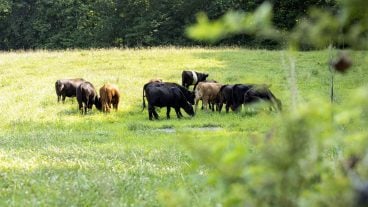
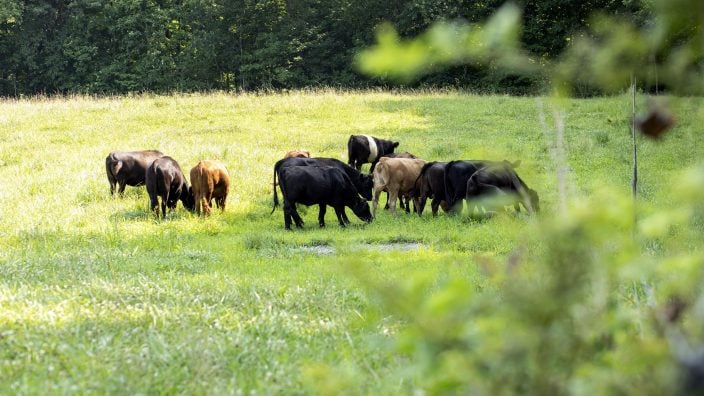
After nearly 100 days of traveling the nation and visiting directly with hundreds of farmers across America, U.S. Secretary of…
Read More

Over 20% of all the production in the United States from agriculture gets exported to a different country.
Read More

On this Ohio Farm Bureau Podcast, get an update on challenges borrowers are facing in 2025 from experts at Ag Credit and find out how the current state of agriculture is affecting the organization.
Read More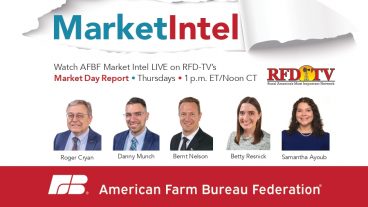
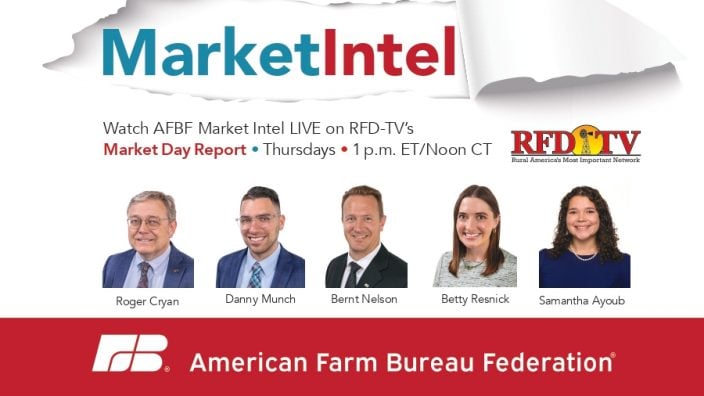
Ohio Farm Bureau has collected information and resources that will be updated as the trade and tariff situation continues to unfold.
Read More

The plan provides a blueprint for policymakers and Ohio Farm Bureau members to bolster Ohio’s agriculture industry and our rural communities.
Read More
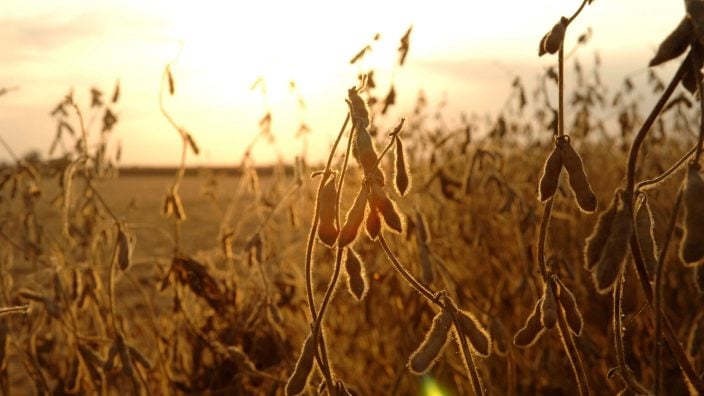
Update: As of Feb. 27, 2025, the Financial Crimes Enforcement Network announced they would not issue any fines or penalties or take enforcement action against companies based on failure to file or update beneficial ownership information reports by the March 21, 2025, deadline.
Read More

Update: As of Feb. 27, 2025, the Financial Crimes Enforcement Network announced they would not issue any fines or penalties or take enforcement action against companies based on failure to file or update beneficial ownership information reports by the March 21, 2025, deadline.
Read More

Update: As of Feb. 27, 2025, the Financial Crimes Enforcement Network announced they would not issue any fines or penalties or take enforcement action against companies based on failure to file or update beneficial ownership information reports by the March 21, 2025, deadline.
Read More

On this Ohio Farm Bureau Podcast, Columbiana County Farm Bureau leader Stacy Irwin talks about this year’s policy development process and some of the topics that were discussed.
Read More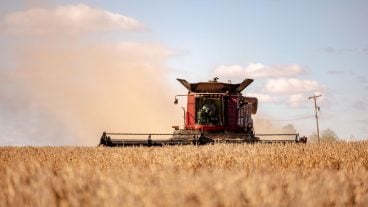
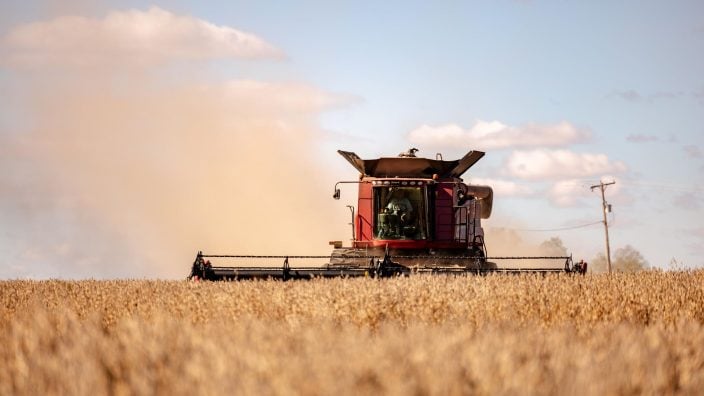
Update: As of Feb. 27, 2025, the Financial Crimes Enforcement Network announced they would not issue any fines or penalties or take enforcement action against companies based on failure to file or update beneficial ownership information reports by the March 21, 2025, deadline.
Read More